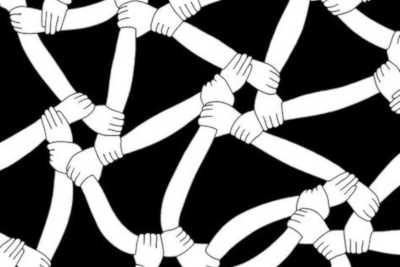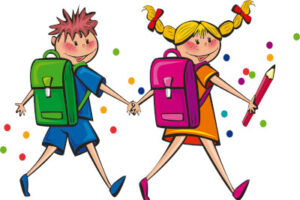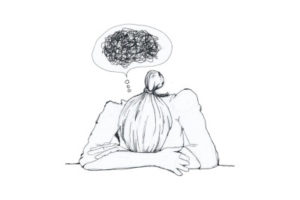“COOPERATION IS SPELLED WITH TWO LETTERS: WE”


The ability to cooperate is one of the more valued emotional and social competences. It affects relationships with other people and is useful in both personal and professional life. It combines closely with other skills and depends on individual predispositions (temperament, character), but without it, it is impossible to resonate harmoniously with others.
What is cooperation?
Cooperation is not only the ability to work in a group to achieve common goals, perform tasks together and solve problems together, but also the ability to create bonds among group members. This is possible through the exchange of thoughts and experiences, the sharing of emotions.
In good cooperation, a sense of identity with the team is created, which ensures the sustainable and smooth functioning of this team in the achievement of common goals.
What does the child learn from group cooperation?
- listening to what someone else has to say
- respect for the other person and his or her views
- how to relate to other
- expressing one’s own reasons and beliefs
- discussion
- patience, waiting for your turn
- communicate their needs
- asking for help
- helping others
- compromises
- dealing with problems
- creating and compliance with the rules
- sharing skills with others
- organization of work
- evaluate their work and the work of others
- responsibility for their work, as it affects the outcome of the work of the whole group
In order for cooperation to take place, other pro-social skills are needed. They are specified in the program of Ellen McGinnis and Arnold Goldstein (2003)..
The most important of these are:
- active listening
- recognizing and naming one’s own and others’ emotions,
- communicating needs (asking for help and offering assistance, refusing and accepting refusals),
- dealing with unpleasant emotions and mistakes made,
- problem solving, including conflicts,
- sharing,
- inviting and joining the fun.
Source: https://balonblum.pl/artykuly/o-wspolpracy-miedzy-dziecmi




